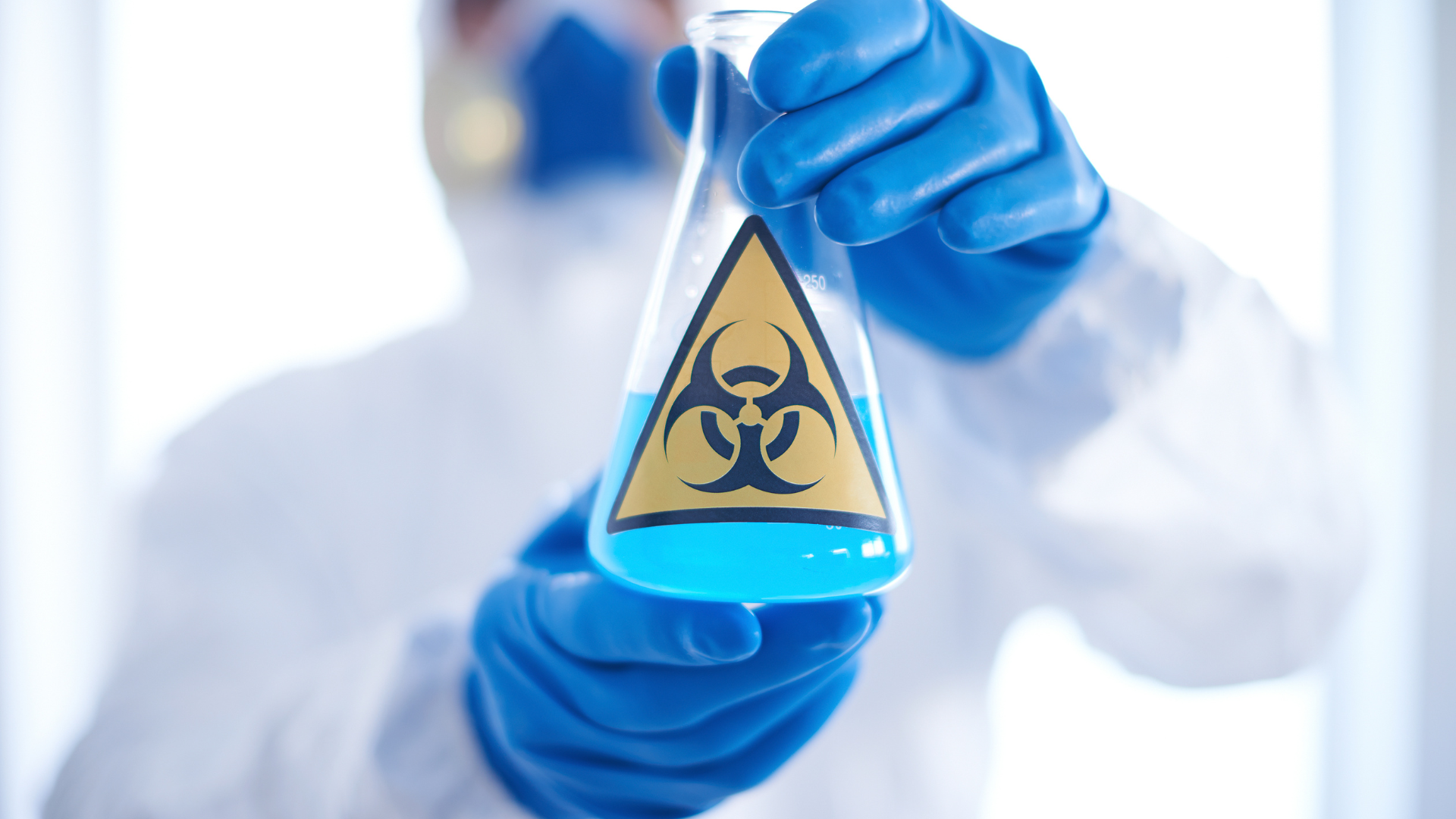Substance use disorder services, also known as addiction services, deal with the treatment of addiction. They seek to treat patients addicted to drugs, alcohol, or both. Usually, these services are offered in an outpatient setting. Outpatient services typically involve therapy, education, and counseling. Some inpatient programs offer detox, detoxification, or alcohol or drug rehab.
Substance use disorder services provide treatment to people who need help controlling their substance use. Services range from outpatient treatment to residential treatment and everything in between. Services also vary in the type of treatment provided. For instance, individuals addicted to substances like cocaine or opioids might require ibogaine treatment centers, while alcoholics might benefit more from behavioral or medication-assisted therapy. Mental health treatment may be offered, or it may be offered in conjunction with a physical rehab program. Treatment services may also be offered in an outpatient or inpatient setting. Here we will look at some of the services provided in substance use disorder services.
Behavioral health integration
Behavioral health integration is one of the services provided in substance abuse disorder services. A better understanding of and access to the spectrum of preventive, recovery, and treatment providers is part of the solution. Providers must be ready to engage with the community across settings. In some cases, the need for co-responders or crisis intervention teams (CIT) may also come into the picture, in which scenario an EMS Healthcare Service tool may be required for communication, co-ordination, and safety of all personnel involved. Treatment providers must develop and maintain collaborative relationships with community providers.
Educational sessions
Substance abuse services are available in many areas around the country and through different organizations. They provide educational sessions for addiction and co-occurring disorders. These sessions help those trying to overcome their substance abuse learn tips and tricks that will allow them to recover. These sessions also cover other issues such as treatment options, the stages of addiction and recovery, relapse prevention, and parent support.
HIV and hepatitis testing and treatment
The CDC strongly recommends that everyone be tested for HIV and hepatitis B (B) and C (HCV) and that those who are sexually active or who use injection drugs be tested regularly for HCV. Testing for HIV and hepatitis C is important because people with HIV infection are at increased risk of liver, kidney, and lung disease and of developing certain cancers. Likewise, people with hepatitis-C infection are at increased risk of liver, kidney, and heart disease. Testing for hepatitis B is important because, for most people, hepatitis B infection is “silent” or asymptomatic and can go undiagnosed for prolonged periods of time.
Individual counseling and one-on-one support
Substance use disorder services often include individual counseling as a key component. This type of counseling offers private, supportive, and non-judgmental sessions with a trained counselor. During these one-on-one meetings, individuals can discuss their challenges, set goals, and work through issues like trauma that may hinder their recovery journey. If you’re interested, you can learn more about one such center that offers these services to support individuals struggling with addiction. Their approach to individual counseling can vary, but the overarching goal is to provide personalized support to help individuals overcome their substance use disorder.
Medication Assisted Treatment
Substance use disorder services (SUD) include a broad range of programs, services, and treatments that assist people struggling with a substance use disorder. Medication-assisted treatment (MAT) is one of the services offered in SUD services. CPT code 90791 describes an opioid agonist/antagonist, such as Suboxone, for patients who are currently taking or have received treatment for an addiction to opioids.
Mental health services
Substance abuse and mental health disorders often go hand in hand, but not everyone who struggles with addiction also struggles with mental health issues. However, mental health issues are often the trigger for substance abuse, and being addicted to a substance like alcohol or narcotics can further lead to mental health issues. Nowadays, there is a range of care centers offering tailored treatment plans for individuals with mental health and substance use disorders. A suitable example of this is Modern Recovery Arizona which provides IOP Phoenix (Intensive Outpatient Programs) for people living with mental health and substance abuse issues.
Substance use disorder services play a significant role in the treatment of substance use disorder. They support people in recovery from substance use by helping them develop and implement effective recovery plans and providing access to medical, social, vocational, and other services.

